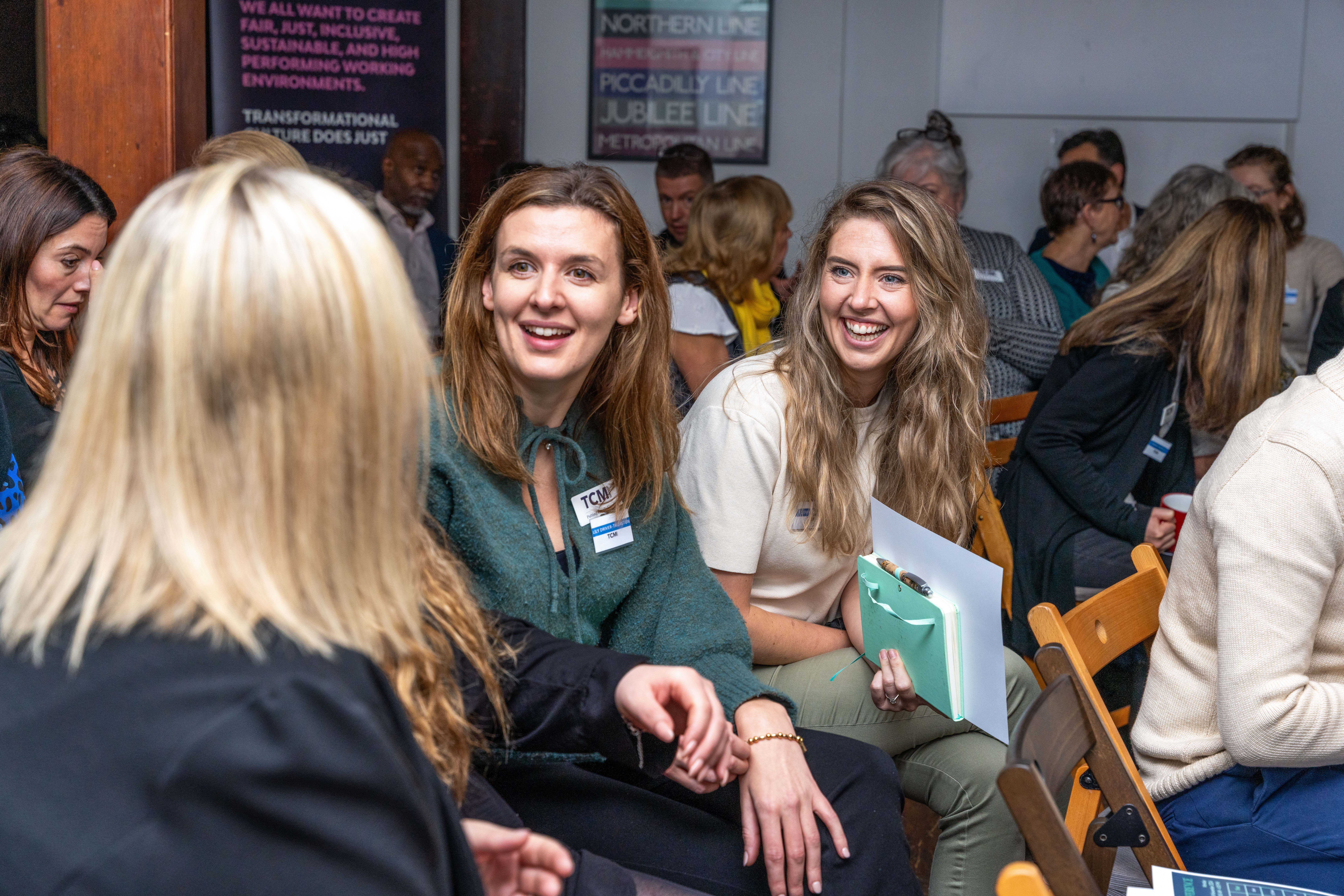
Share article:
Tags:
Aldous Huxley’s novel centred on a state which had made significant scientific advancements and has been compared to 1984 by another great author, George Orwell.
Notwithstanding both novels centred around a futuristic World state, the foresight of these two great authors into advanced technology was ahead of its time.
However, with the increased demand and use of modern technology in the workplace, organisations have been reticent to embrace this in formal settings, none more so than the world of workplace investigations.
All too often, investigations have been criticised at Employment Tribunal for placing unnecessary stress and burden upon those involved due to extended timescales, all of which could have been avoided if technology had been considered.
If you were to consider a few years ago the current state of working remotely as part of your normal working day, or that you would be holding boardroom level meetings using a virtual platform, I have no doubt that ‘Those that be’ would have scoffed.
Yet, in the space of less than a year, we are all working from home, conducting meetings and interviews in the virtual space, without so much as a sharp intake of breath.
Today’s modern technology lends itself well to conducting conferences and meetings using well-establish virtual platforms, with people from across the World and in varying time zones.
And in an ever-changing landscape and the unprecedented circumstances related to the Coronavirus outbreak across the world, we needed to adapt the way in which we work, think and interact with our workforce.
Therefore, it seems logical to adopt the platforms to conduct investigations, from initial scoping and terms of reference right through to interviews and updates.
So why haven’t we?
Quite simply, we fear the unknown.
Very few organisations adopt remote interviewing as ‘the norm’, still reverting to the traditional approach.
But virtual platforms have become more advanced, more reliable and have strengthened their cyber security protocols, so that the modern professional investigator can utilise their skills using a more convenient and adaptable method of interviewing.
As an initial sceptic to the idea of remote working, particularly in investigations, I have learnt a considerable amount in this short period about what it brings to the professional investigator.
I have been advocating the benefits of remote investigative interviews for some time, sharing experiences and also how they can significantly reduce the timescales involved in complex and lengthy investigations without any detrimental impact upon the quality of evidence gathered.
But, I have learnt that remote investigations as a whole bring a wealth of benefits and opportunities for the professional investigator, and organisations.
The traditional investigation involved a considerable amount of time and effort in organising meetings with commissioning managers, witness availability and location, gathering documentary evidence, data collection such as CCTV and, more often than not, several journeys.
For those investigators who operated more internationally, there were travel arrangements, hotel bookings, transport to and from locations, and the expenses that organisations would ultimately have to pay for.
The remote investigation is much simpler, less time consuming, less expensive and more importantly, just as effective.
I have been fortunate enough to oversee investigations in the US, Middle East and across Europe, all without having to leave the comfort of my office – whether on site or at home.
This new approach gives investigators the opportunity to share, and gain, experience from all over the world, adding to their already extensive portfolio of professional skills. It helps the professional investigator community learn new skills from colleagues across the world and expand their existing networks.
Organisations benefit with investigations, often considered timely and expensive, becoming a more agile and lean process, less cumbersome and just as effective as the traditional methods.
What is also amazing, yet not surprising, is the professional way in which investigators have quickly adapted to these new methods and led the way in a major transformation of investigative practices.
In fact, I genuinely believe that this ‘Brave New World’ of investigations is, dare I say it, better!














